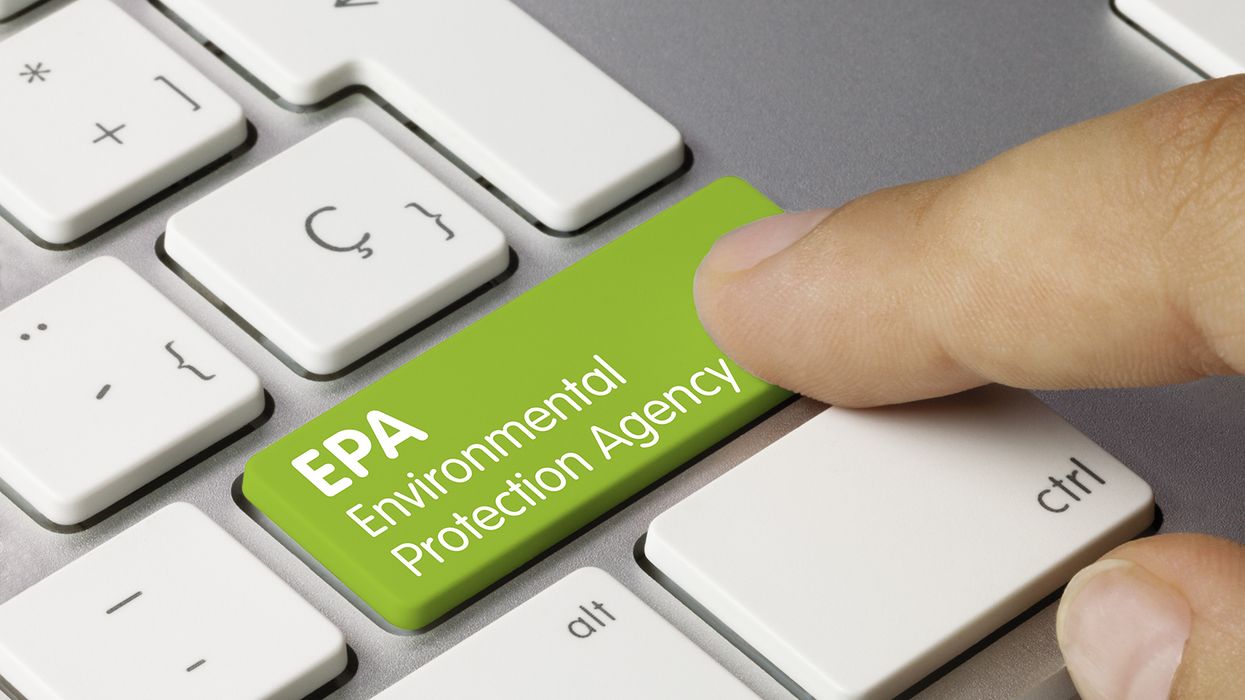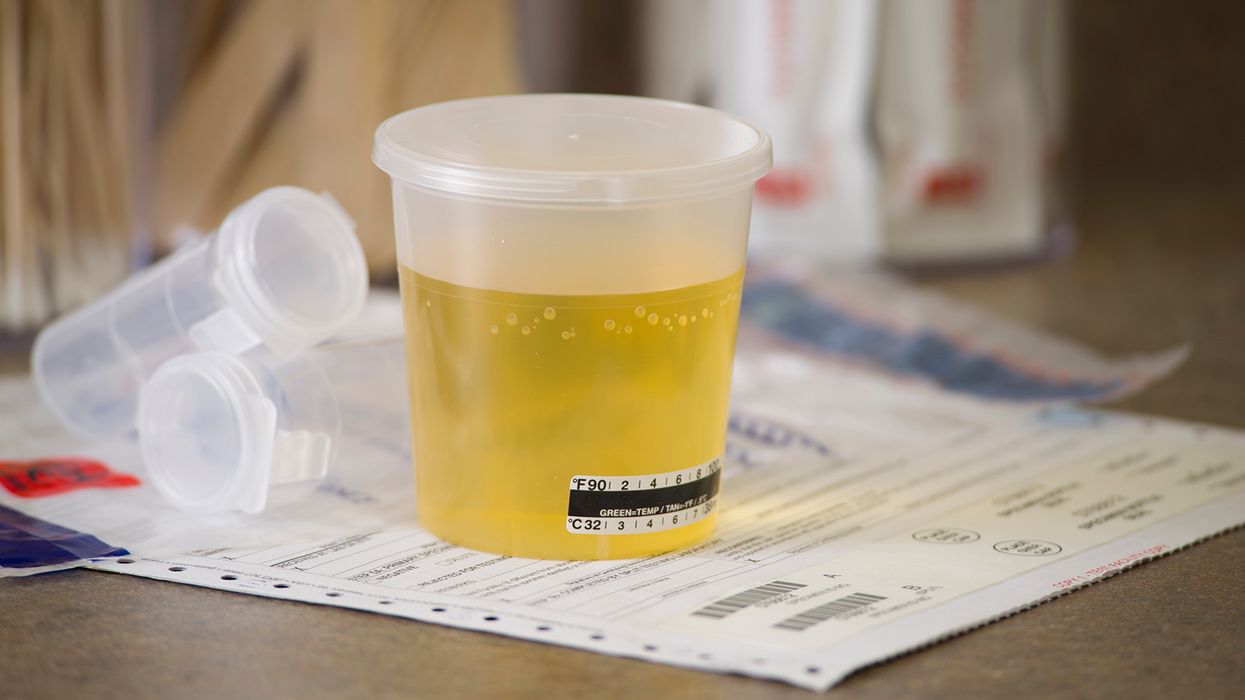EPA Overhauls requirements for confidential business information
If you submit or are planning to submit confidential business information (CBI) under the Toxic Substances Control Act (TSCA) you will need to comply with the EPA’s new rule. The final rule issues changes to the reporting and review procedures for confidential business information. According to the EPA, the final rule makes the process more efficient by allowing the agency to release non-confidential information faster and strengthen data reliability.
TSCA is the agency’s main vehicle for regulating chemicals. It allows for the EPA to set reporting, recordkeeping, testing and restriction requirements for chemical substances. CBI comes up in various TSCA submissions related to chemical identity and processing steps and quantities. Approval of a CBI claim is important in protecting information that could harm a business or negatively impact its competitive edge. Amendments TSCA in 2016 places greater restrictions on CBI designations. The EPA claims that this new rule ensures consistency with those amendments in 2016.
| Want more information on TSCA? Check out our TSCA ezExplanation |
The final rule describes changes that make sure the regulations list exactly where the EPA has a statutory obligation to require verification and deny claims. These changes aim to make sure that the existence and scope of a CBI claim is clear; and, to provide clear guidance on the requirements for assertion and maintenance of CBI claims.
Here are some of the changes that your business will be expected to comply with under the final rule:
Measures to increase transparency
- Limits on the types of information in health and safety studies that are claimed as CBI. The agency explains that the name of a laboratory conducting the study would not be CBI unless the name would expose a relationship with a company whose connection to the chemical is considered CBI.
- Requirements to address over-broad CBI claims in public copies of TSCA submissions. This is mostly related to health and safety information. These changes aim to remove uncertainty about scope or validity of claims.
- Expanded requirements for electronic reporting and standardized requirements to make documents such as scientific studies available to the public faster. Included also are requirements for electronic communication for faster delivery of notices.
- Explanations of language used in the proposed rule related to how the agency will manage information used in the TSCA program collected with valid CBI claims under other regulations. For example, the agency explains that data received under TSCA might have been submitted under another statute first, such as the Federal Insecticide, Rodenticide and Fungicide Act (FIFRA). The final rule will keep the protections from disclosure that required under FIFRA while also taking advantaging of information that can not be claimed as CBI.
Measures to modernize procedures
- Requirements to submit all CBI claims electronically with improved reporting tools to reduce processing errors. This intends to:
- Make sure requirements for asserting a claim are met, this includes certification and validation features for generic names.
- Explain the CBI claim in more detail.
- Explain CBI provisions that apply to individual data elements.
- Creation of a new section under TSCA to regulate how CBI claims must be asserted and verified.
- Requirements to use an Organization for Economic Co-operation and Development harmonized template (when available), to make data clearer and easier to access.
Key to remember: The final rule issues changes to the reporting and review procedures for confidential business information. Owners and operators who submit or are planning to submit CBI under TSCA must comply with the new rule changes.

















































